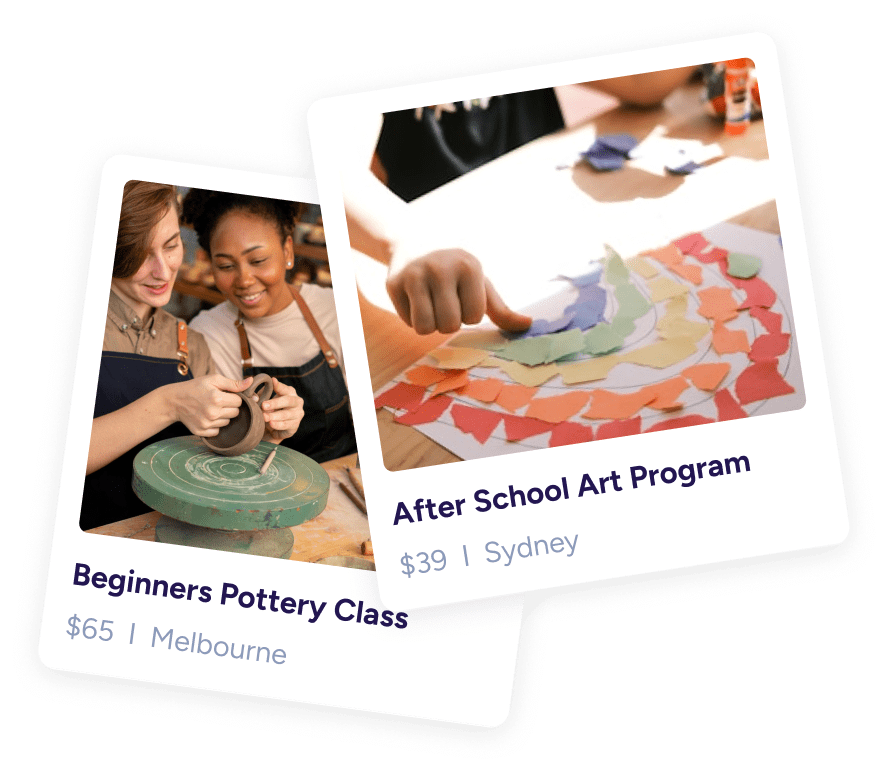We had a guitar in our house when I was a kid – I used to do air guitar to ABBA on it, then about 15 years ago I gave it away. As a kid I played heaps of sports and as an adult I wish I had also learned to play guitar (and speak Spanish but that’s another story). The memory of playing air guitar has never left me, nor has the desire to learn to play it, but I just couldn’t be bothered. I had a desire or want in my mind but could not translate it to action. In motivational terms I was in an ‘away’ state about learning guitar.
By that I mean I had a want or desire to learn guitar plus the motivation to do it but I had some kind of aversion to actually practicing it because it was too hard, too much effort and basically I wasn’t good at it. I could pick up any sports equipment and just use it with confidence but not the guitar. Thinking about playing the guitar required too much effort so I moved away from it. It’s like when you meet a new person and they say something stupid and you step slightly back from them – you don’t know why really you just don’t like them. The reverse is also true, that is you can get into a ‘towards’ state about people as well as things like learning the guitar. It’s that feeling when someone says something that you totally gel with and lean in a bit closer – you like them.
As a teacher you are trying to get learners into a ‘towards’ state about you and the content you are sharing with them. Some people call this rapport but I think it’s more than that. I think you have to be able give people what they want even if they don’t know they want it, and you have to strategically motivate them to sign up, sit still and take it all in. So in a sense you have to find that force that motivates others, and you can do this through your teaching. In this blog and its companion part 2 I’ll be sharing with you five ways to use the special force of the brain to motivate people to learn.
Teach people what people want
When people are motivated enough to sign up for your class they crave the following:
A sense of certainty: The brain likes to predict things and humans like to feel as though they have control about what is going on. Likewise learners like to feel as though their teacher has control about what is going on. If they are uncertain about the content, process or you they will have an away response.
So what should you do:
- Share aim, goals and expected outcomes (each class)
- Provide structure to your classes (share it openly because this gives people certainty, and brains love certainty)
- Detail the methods or learning procedures you’ll be using
- Make your purpose and passion obvious plus seek to dig out theirs
- Give some opportunities for them to take control over what they are learning or doing
- Have explicit purpose in and through the learning activities and what you say or ask them to do
A safe learning environment: When we feel comfortable and safe in a new environment and/or around new people our brain releases dopamine (a feel good hormone). We feel a sense of belonging, affinity and friendship – a towards state. If we don’t feel safe or comfortable the stress hormone cortisol is released and we feel unsafe, threatened and untrusting – an away state.
So what should you do:
- Work hard on how you connect with others through language, activities, tone and requests
- Build rapport early with safe, non-threatening activities
- Provide opportunities for collaboration with others as well as independent work or thinking
- Support learners with positive motivation, reinforcement and by creating a fair and just environment
To learn something: People will do your course because they want to learn something new – so teach them something new (every single class). One of the key driving factors that people enroll in classes is to master a skill. Regardless of starting level people thrive on challenges that are constructed to push them and make mastery a very real possibility.
So what should you do:
- Make mastery of knowledge or skills a key focus in each class
- Strive to teach them something they don’t know every class
- Provide different angles, approaches and methods so that learners can come from their own angles to solve the problems set
- Deliver the same information in different ways to cater for learning styles
- Mix theory and practical and be astutely aware of who does what, how and when – and be prepared to adjust on the spot accordingly
Money motivates
Last year I did some research about guitar classes at my local community college. I was worried about my skill level, my $99 guitar and whether I could actually learn to play a guitar as an adult – I still wanted it but I wanted it to be easy and quick with little effort. But guitar playing isn’t quite like that. After some more anxiety, time and to-ing and fro-ing I made a decision and enrolled. Immediately that action put me into a ‘towards’ state about guitar playing. I had joined the class and felt certain about what I wanted to do (paying money also helps).
When I finally went to the class I felt safe because I found out that everyone was a beginner, everyone was worried and everyone was in the same boat (my teacher was also really knowledgeable and chilled about it all). From Day 1, I learnt something new and every single class I learnt at least 2 more new things (was I mastering the guitar?)
<adsbygoogle>






